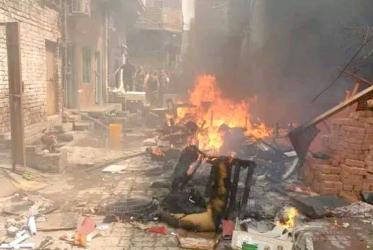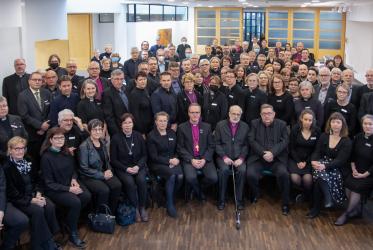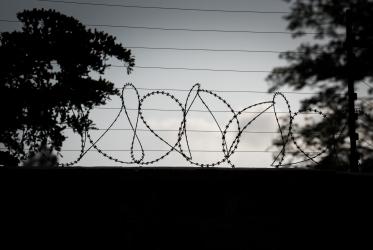Displaying 1 - 20 of 24
22 August 2023
New student body at Bossey Ecumenical Institute “a source of joy”
14 September 2020
Churches should use their voice on climate change
26 February 2020
Worldwide prayer campaign begins to end 70-year Korean War
06 February 2020
Church in Bali empowers youth to break cycle of poverty
18 March 2019
A just financial and economic architecture is possible, students find
08 September 2016
Religion: Way of war or path to peace?
30 June 2016
Momentum builds for ban on nuclear weapons
16 December 2014







